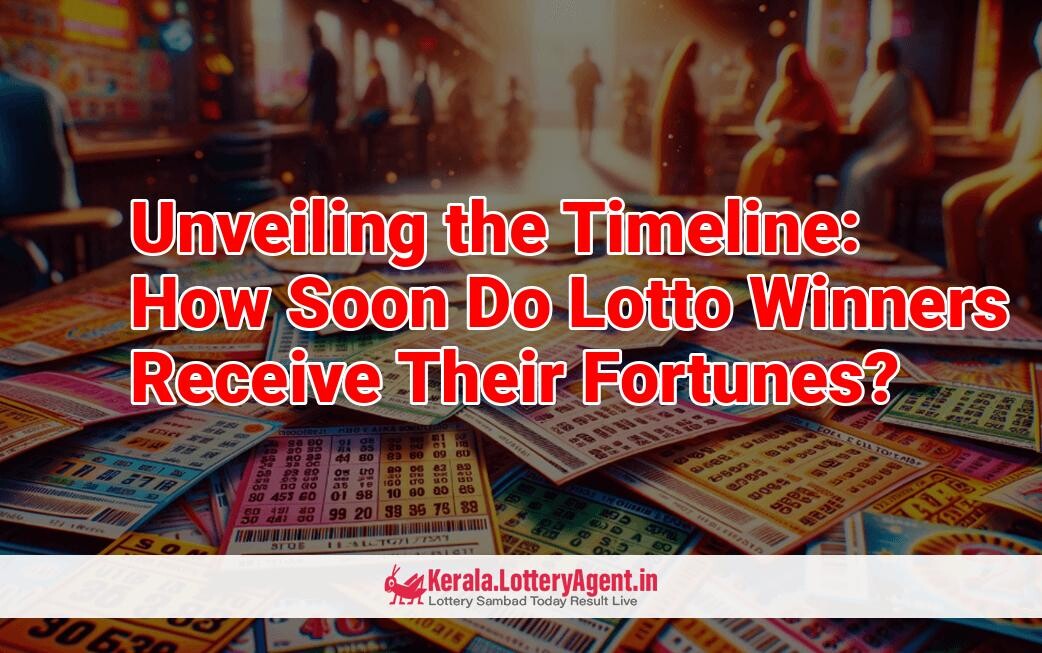
Joining the ranks of the overwhelmingly fortunate, individuals who snag a lottery win find themselves amidst overwhelming joy and anticipation. The win could be the product of sheer luck or perhaps the strategies of seasoned players have finally paid off. In either case, congratulations are in order! But as the initial ecstasy fades, the pressing question arises: how does one claim their lottery windfall, and more importantly, what is the timeline for receiving those funds?
The journey to claiming lottery prizes can vary significantly between different games, and it’s essential to understand these nuances. Turning our gaze to the US Powerball, the world’s premier lottery, its popularity spans globally, and for good reason. The process to claim Powerball prizes differs from state to state, ranging from a brisk 90-day period to an entire year. To avoid missing out on your winnings due to an expired ticket, always scrutinize the expiry date, typically found on the ticket’s reverse side.
When it comes to other high-stake games like Mega Millions, the claiming protocols echo those of Powerball, which isn’t surprising given their history of record-breaking jackpots. One notable distinction is the unavailability of Mega Millions tickets in Puerto Rico, where the game is not played.
To be fully versed in the deadline hoops you’ll need to jump through, let’s dissect the claiming timeline. For the mouthwatering jackpot, you usually have a year at your disposal, regardless of whether it’s Powerball or Mega Millions. Smaller prizes are often instantly redeemable at local retailers or swiftly processed online for those who made digital purchases. However, walking away with larger rewards, particularly jackpots, necessitates a little patience as you might be asked to trek to lottery headquarters and confirm your identity, which can introduce delays in the payment process.
If your lottery participation took a modern turn, purchasing tickets online follows the same rules as the traditional method. Small prizes generally get added right away to your account on the lottery’s website. On the flip side, substantial sums might prompt a need for identity validation, possibly even a visit to the lottery provider’s office. Online platforms are diligent in guiding winners through necessary steps via prompt notifications.
What if your lottery triumph greets you from across borders? Non-resident winners face the same rules and prize eligibility but are subject to taxes at the source, coupled with potential taxation from their home country depending on local laws concerning lottery winnings. To help navigate through the tax implications, online calculators offer insights into payout amounts and the tax requirements in various countries.
Some lotteries give winners the financial planning flexibility of choosing between a single lump-sum payment or stretching the prize out into yearly installments. This choice often relates only to grand prizes, including Powerball and Mega Millions jackpots. The lure of a lump-sum sees a reduction to approximately 61% of the advertised jackpot value, whereas installments deliver the full advertised figure, diminished solely by taxes, paid out over many years.
Let’s address a lottery player’s nightmare: losing a winning ticket. Should this misfortune befall you, lotteries usually hold no obligation to hand over the prize. Nonetheless, some providers, like the UK National Lottery, allow for a window of appeals to be made. It’s a process often encumbered by uncertainties and potential denial, underscoring the importance of safely securing physical tickets or, for peace of mind, going digital via platforms like Lotto Agent or theLotter, where tickets remain safely stored in your online profile.
In summary, the post-lottery winning experience is a maze of deadlines, processes, and financial decisions. Regardless of the path lottery winners choose, the ultimate destination is a life potentially transformed by sudden wealth—a destination well worth the wait.











